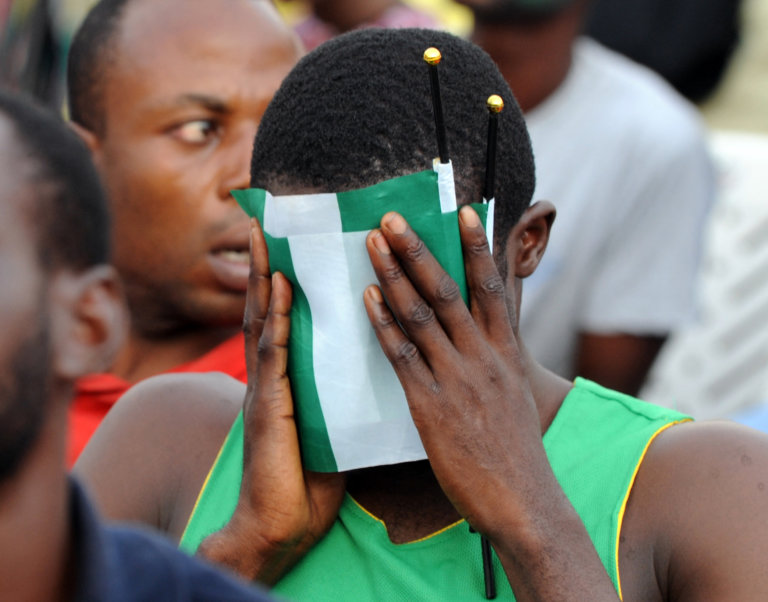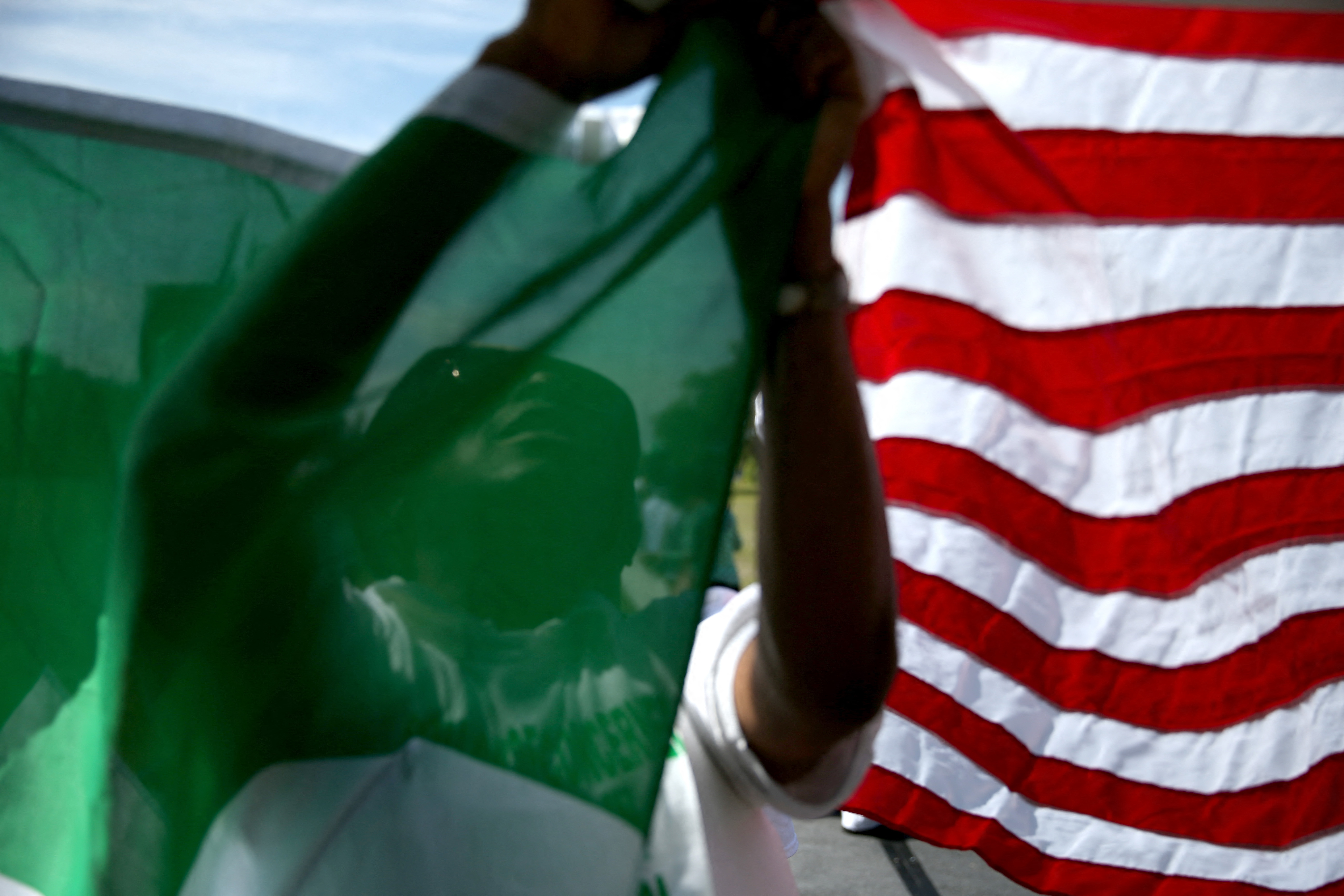
Nigerian students hoping to study abroad will need to brace for increasing uncertainties in their plans. The Nigerian currency has crashed to a historic low this week, plummeting to 710 naira per US dollar at the time of writing — its largest depreciation to date. The numbers have steadily dropped since Monday, reaching N670 per dollar by Wednesday before landing at its current value.
To rub salt on the wound, lengthy wait times from the Central Bank of Nigeria (CBN) to approve funds transfer at a discounted rate puts students enrolled at foreign universities at risk of missing payment deadlines for the coming Fall academic term.
Paired with high inflation rates and a Nigerian currency that is weakening by the day, students swiftly took to social media to air their woes.
“As of today $1 is 710 naira, I really don’t know how I feel about this. Especially as an international student studying medicine. I’m also thinking about other medical students who had paused their career because their sponsors couldn’t afford [it], and it’s not getting any better,” writes Twitter user @Meremubio.
https://twitter.com/Jamaticulus/status/1552314438404956164
Others have begun listing tuition-free universities overseas, as high Nigerian currency exchange rates against the USD threaten to stifle future educational and career opportunities:
https://twitter.com/Jamaticulus/status/1552317688210407426
The Nigerian currency fall is only the tip of the iceberg for students
The naira nosedived at a time when the US dollar peaked at its strongest performance yet in a generation, sending rippling effects to currencies worldwide. In Nigeria’s case, a waning monetary value in the global market is only one part of a much larger crisis that could trigger a nationwide economic collapse.
According to Nairametrics, a hike in money supply was identified as one of the reasons for the current depreciation of the Nigerian currency, based on data retrieved from the central bank. Since 2020, the country’s money supply has skyrocketed by 69% against a slow growth in its nominal gross domestic product (GDP), the financial news site reports.
This worsened Nigeria’s inflation rate, which stands at 18.6% as of June 2022 — drastically increasing the costs of basic everyday consumer items such as food and household products.
I measure inflation in #Nigeria at a stunning 33%/yr, NGA is on the edge of the debt default abyss. According to Bloomberg, Nigeria ranks 24th in the countries most likely to default on their debt. pic.twitter.com/49VSYcgtyz
— Steve Hanke (@steve_hanke) July 27, 2022
For overseas-bound Nigerian students, dollar scarcity in CBN’s reserve translates into hiccups in foreign transactions to settle their university fees. Under the central bank’s RT200 FX initiative, those who intend to fly abroad for their studies can access CBN’s discounted rate window and exchange up to US$15,000 per semester, The PIE News reports.
In light of transaction delays and the Nigerian currency crisis, agents and students suspect that the concessionary window might come to an end soon. Simply put, the costs of getting a foreign degree now might just be too much to bear.
“Some students are seeking family and friends support overseas but others are still waiting, because that’s the only option they have and because [they need] the discounted rates, they can’t expand their expenses [any further],” Bukky Awofisayo, the regional head of Intake Education, was quoted saying by the portal.

More Nigerian students are staring into a grim future as the country grapples a tumultuous financial shifts ahead of next year’s presidential elections. Source: Joe Raedle/Getty Images/AFP
As the Nigerian currency continues to plummet, a massive brain drain crisis threatens to compound problems for the West African country. Between January to May this year, The PUNCH reports that Nigerian students have remitted close to US$380 million on foreign education. Academic unions from domestic universities have gone on labour strike for months due to unfair wages.
Frustrated with waning local opportunities, students are finding the first chance they can get to find better study and work prospects elsewhere. The latest currency crash, however, will not make things easier.
“Many international students from Nigeria may not be able to resume [their studies] because they don’t have enough money anymore. The naira is losing value way too fast,” a Nigerian researcher tweeted about the current situation.










